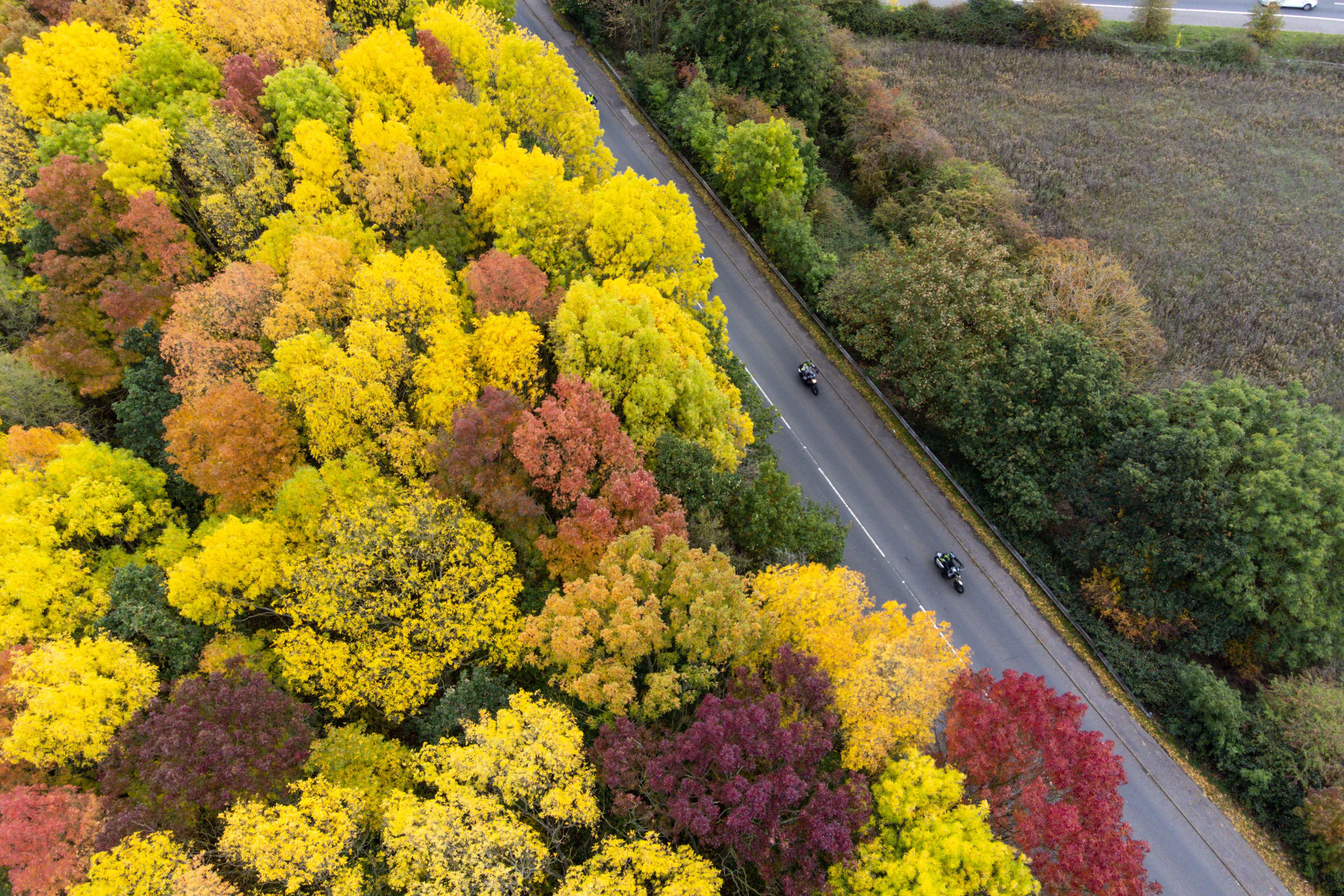‘Trampling’ on nature will not lead to healthy economy, Government adviser warns
The economy is a wholly-owned subsidiary of nature, Natural England chairman Tony Juniper says.

Economic growth achieved by “trampling over nature and its protections” will not deliver a healthy or sustainable economy, the head of Natural England has warned.
Tony Juniper, chairman of the government conservation agency, warned centuries of liquidating nature for growth had brought the world to the “doorstep of disaster” with potentially catastrophic climate change and mass extinction of plants and animals.
And amid concerns the Government is set to bring in new spending cuts and could row back on plans to pay landowners for efforts to restore nature, Mr Juniper warned spending on the environment should be seen as an investment that brings returns, not an “unaffordable cost when times are hard”.
The Natural England chairman made his comments in a speech and question and answer session organised by think tank Green Alliance, on restoring nature and boosting the economy.
He also said investment zones – which some conservation groups have raised concerns could see environmental protections dropped to boost development – could allow the recovery of nature to be planned into development at an early stage.
Mr Juniper said: “Short term economic growth achieved by trampling over Nature and its protections will not result in a healthy or sustainable economy.
“On the contrary, centuries of that kind of activity, whereby nature has been liquidated for growth, has brought us to the doorstep of disaster, in the form of potentially catastrophic climate change and a mass extinction of animals and plants.
“We cannot afford to carry on like that. Now is the time to take an integrated approach, whereby Nature recovery migrates to the centre of economic policy and is no longer seen as an inevitable casualty of it,” he urged.
Spending on the environment needs to be seen as an investment that brings returns rather than being seen as an unaffordable cost when times are hard
Mr Juniper warned that too many people seemed “blind to the fact that our economy is a wholly-owned subsidiary of nature”, and degrading the basis of food supplies, clean water, air and well being meant money had to be spent on dealing with the fall-out.
He pointed to pollination services performed by bees and other insects, which is worth nearly £700 million to the economy through securing the farming industry and would cost £1.8 billion if it had to be replaced by farmers hand-pollinating crops.
And peatlands filter water, conserve wildlife and store away 580 million tonnes of carbon in the ground – but are now so degraded they are currently net emitters of the key greenhouse gas.
Restoring all UK peatlands would cost £8-21 billion but carbon benefits alone would total around £109 billion, he said.
Outdoor recreation provides billions of pounds a year in health benefits, while visits to woodlands saved £141 million in reduced mental health treatment, studies show, while many more jobs are created in investment in natural solutions than in fossil fuel investments.
He said Natural England, the Government’s statutory adviser on the English environment, was providing evidence-based advice on progressing economic plans while establishing a better regime for nature than under the EU.
“We do believe it is possible to do better, but only if nature is taken to front and centre and if new regimes do not diminish existing protections, and indeed where possible seek to enhance them,” he said.
Asked in a Q&A session after his speech about the Chancellor directing departments to find efficiency savings, Mr Juniper said that the agency was not going to waste public money.
But he said: “The principal point we need to get across in discussions around public spending is the extent to which spending on the environment needs to be seen as an investment that brings returns rather than being seen as an unaffordable cost when times are hard.”
Investing in a healthy natural environment could get returns for society from defending against flooding to reducing the urban heat island effect and delivering health, well being and food and water security, he said.